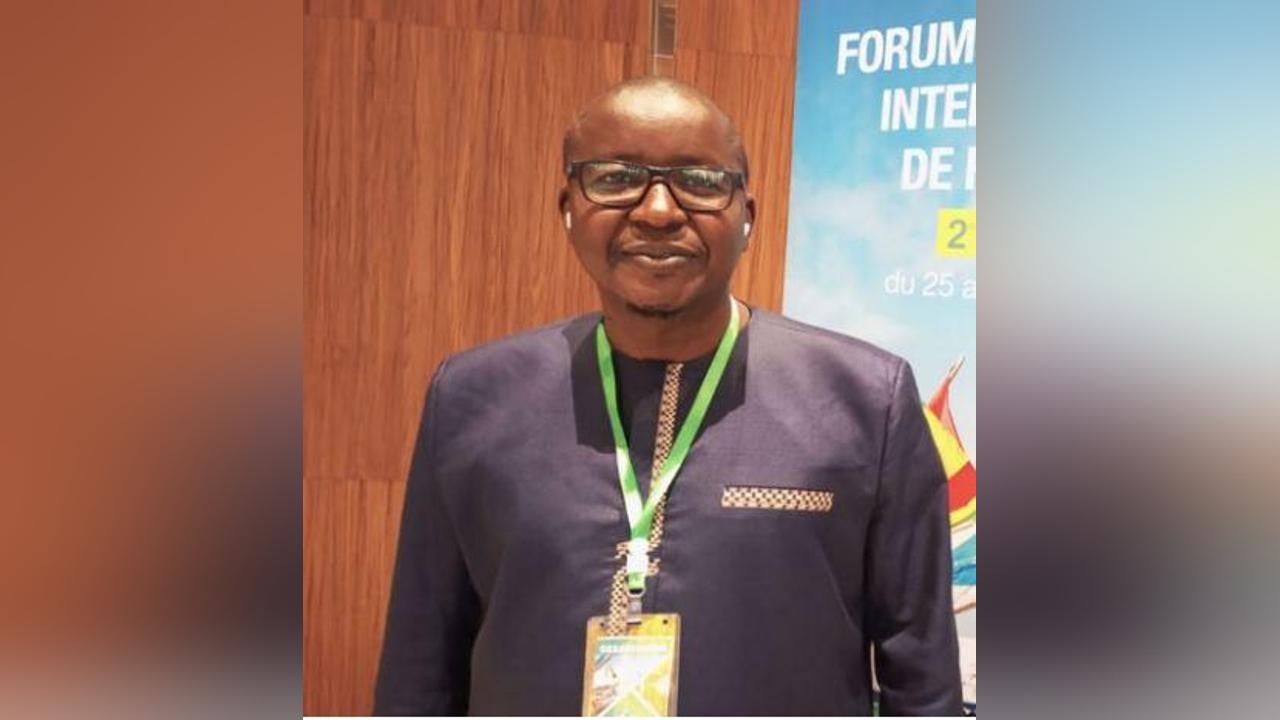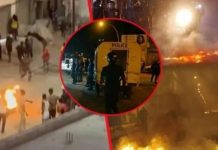Africa-Press – Senegal. The Rufisque International Economic Forum proposes, in its general closing report, to set up a “territorial diagnostic tool for all the problems related to land use”.
‘’Les acteurs du forum ont proposé la mise en place d’un outil de diagnostic territorial de l’ensemble des problèmes liés à l’occupation des sols, avec l’urbanisation, les inondations, parce que l’Etat a eu à le faire au niveau national, mais il faut s’inspirer de ces travaux pour mettre en place un plan d’urbanisme de détail’’, a expliqué le rapporteur général.
The general report and its main recommendations were presented by Mbaye Dieng, technical advisor to the General Delegation of the Diamniadio Urban Pole (DGPU).
Asked on the sidelines of the closing of the Forum, opened Tuesday by the Prime Minister, Amadou Ba, he noted that the Forum allowed to raise the debate on the question of changes in urbanization. He recalled that Rufisque is at the heart of the urbanization of the Dakar peninsula, with issues related to flooding.
« We have to go into detail to show what are the major orientations so that Rufisque can develop in harmony with the territories. It is also a question, in terms of recommendation, of arriving at the safeguard of the ecosystems favorable today to agricultural and horticultural production, » he explained.
« The department [of Rufisque] is certainly developing, but if the agricultural land experiences unbridled urbanization, there will be a problem of food security, since it is home to most of the agricultural land in the Dakar region, » warned the general rapporteur by summarizing the work, at the closing ceremony of the forum.
He indicates that this issue « must be a priority for the department, so that horticultural development can be put forward, to sustain family farms in the areas of Bambilor, Sangalcam, Lendeng, among others ».
The participants in the forum urge the department of Rufisque to “work in perfect harmony” with the Amadou Mactar Mbow University of Diamniadio, to benefit from the infrastructures that the State has put in place there.
They debated for three days during the opportunities offered by this department, with presentations on its history, its geography, agriculture, fishing, industry.
According to the report, there is « a very powerful local economy but which should be structured to integrate the current changes observed recently ».
During the forum, all current and future development projects were presented, with a highlighting of the cultural and heritage richness and initiatives for the safeguarding and promotion of the tangible and intangible heritage of the department.
The forum focused on challenges and solutions with a set of diagnostic information and findings. He discussed sport and the challenges of oil and gas exploitation in the Rufisque department and raised the question of social inclusion, in order to “leave no one behind”.
A set of recommendations have been formulated and will be recorded in the overall report of the forum, which will be submitted to the Departmental Council, in charge of the State and the institutions to implement them for an inclusive development of the department of Rufisque.
Avec ses 372 000 km2, cette circonscription administrative représente 67 pour cent de la superficie de la région de Dakar.
Le Pôle urbain de Diamniadio étant l’un des plus gros projets de ce département, la DGPU devait naturellement être un partenaire du forum, indique-t-on.
Pour plus d’informations et d’analyses sur la Senegal, suivez Africa-Press







